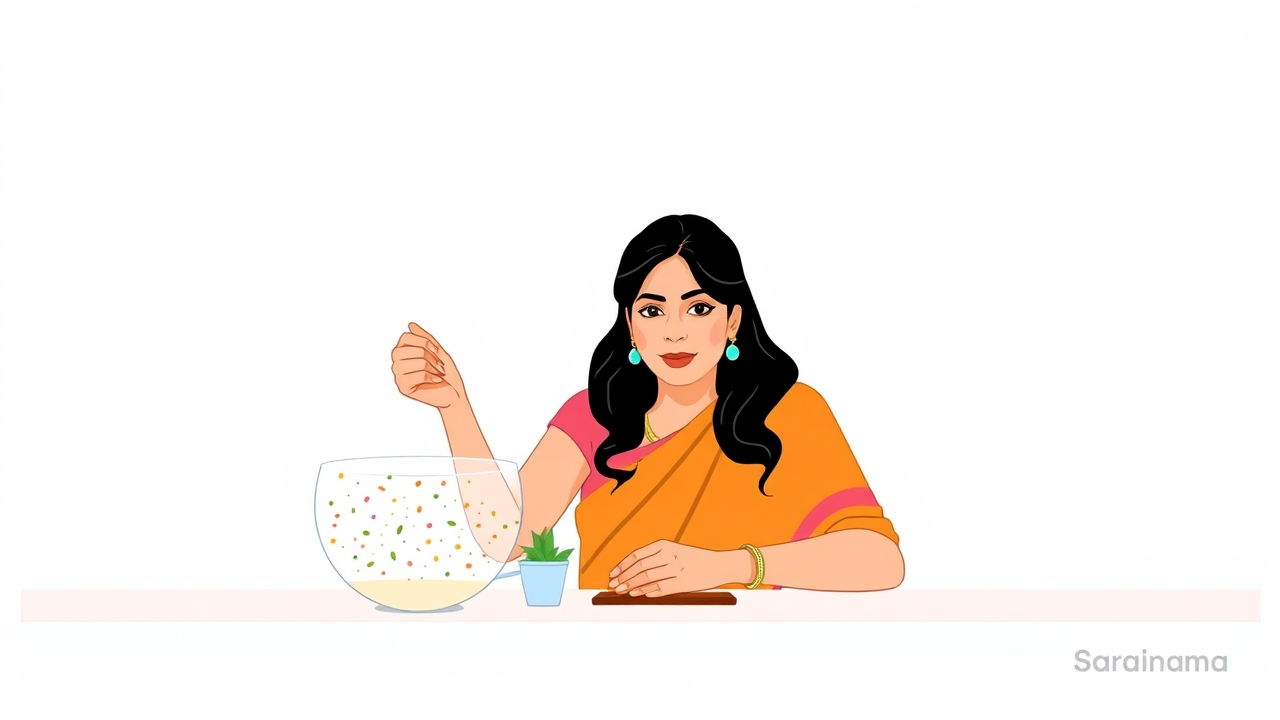A recent social media post by Namita Thapar, a judge on Shark Tank India, has drawn attention to the dangers of consuming too much sodium. She highlighted that adults need only 2000 mg of sodium daily and warned that many electrolyte drinks contain excessive amounts. Thapar emphasized that plain water is sufficient for daily hydration, and electrolytes are necessary only during heavy sweating or after workouts, unless one is a performance athlete. Health experts agree that exceeding the recommended sodium limit, which often happens due to processed foods, can lead to serious conditions like high blood pressure, heart disease, and stroke. For people with diabetes, managing sodium intake is especially important as it can affect blood sugar levels and worsen insulin resistance. Experts recommend consuming fresh fruits, vegetables, and whole grains while avoiding processed and packaged foods to maintain optimal health.

Recommended Sodium Intake and Health Risks
Health experts recommend that adults consume between 1,500 to 2,300 mg of sodium per day. The World Health Organization suggests a maximum of 2,000 mg daily, while the American Heart Association recommends 1,500 mg for better heart health. Most sodium intake comes from salt, and exceeding these limits can cause high blood pressure, heart disease, and stroke. Dr Rakesh Gupta from Indraprastha Apollo Hospitals warns that processed foods are a major contributor to excessive sodium consumption. For diabetics, high sodium can raise blood pressure and worsen insulin resistance. Dr Mahesh D M from Aster CMI Hospital advises limiting table salt and processed foods to about 2 grams per day, choosing fresh produce instead, and consulting doctors before using potassium-based salt substitutes.
Source: Link
